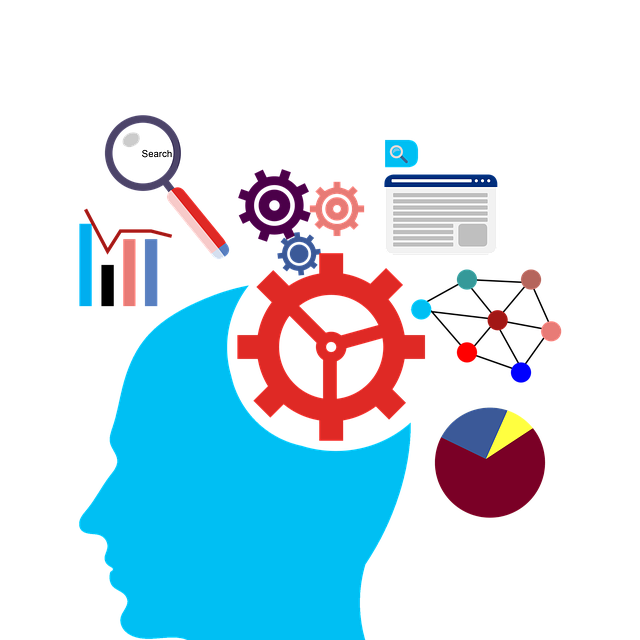AI automation for automotive repair scheduling is a revolutionary technology that optimizes garage operations by leveraging historical data analysis for accurate appointment slot prediction. This reduces wait times, enhances productivity, and improves customer satisfaction through personalized reminders integrated with CRM systems. Benefits include streamlined tasks, improved resource utilization, precise repair time estimates, and seamless integration with existing systems. AI automation paves the way for advanced applications like predictive maintenance, shaping the future of auto maintenance by enhancing efficiency and training for technicians.
“Unleash the power of AI to revolutionize auto repair strategies. This comprehensive guide explores how artificial intelligence is transforming the automotive industry, focusing on efficient repair scheduling. Discover the potential of AI in streamlining workshops, from predictive analytics for optimized booking systems to automated tasks reducing human error.
We delve into actionable steps for implementation and highlight significant benefits, ensuring your business stays ahead in a competitive market. Get ready to enhance efficiency, improve customer satisfaction, and embrace the future of automotive maintenance.”
- Understanding the Potential of AI in Auto Repair Scheduling
- Implementing AI Automation: Steps and Benefits for Workshops
- The Future of Automotive Maintenance: AI's Role in Enhancing Efficiency
Understanding the Potential of AI in Auto Repair Scheduling

Artificial Intelligence (AI) has the potential to revolutionize auto repair scheduling, offering significant advantages over traditional manual methods. By implementing AI automation for automotive repair scheduling, garages can streamline their operations and enhance efficiency. AI algorithms can analyze historical data, including vehicle make and model, common repair issues, and customer preferences, to predict and optimize appointment slots accurately.
This technology enables real-time scheduling adjustments based on incoming work orders, minimizing wait times and maximizing shop productivity. Moreover, AI can integrate with existing customer relationship management (CRM) systems to provide personalized experiences. It allows for automated reminders, enabling customers to receive notifications about their scheduled appointments, fostering convenience and satisfaction.
Implementing AI Automation: Steps and Benefits for Workshops

Implementing AI automation in auto repair workshops is a strategic move that streamlines operations and enhances efficiency. The first step involves identifying tasks suitable for automation, such as scheduling appointments using AI algorithms that analyze historical data to optimize time slots. This not only reduces manual effort but also improves customer experience by offering more flexible booking options.
Benefits are multifaceted: from reduced wait times and improved resource utilization to enhanced accuracy in estimating repair times. AI can also integrate with existing systems for seamless data exchange, enabling mechanics to access relevant vehicle information promptly. This level of automation paves the way for more complex AI applications, like predictive maintenance, further revolutionizing the auto repair industry.
The Future of Automotive Maintenance: AI's Role in Enhancing Efficiency

The future of automotive maintenance is here, and it’s driven by artificial intelligence (AI). AI has the potential to revolutionize the way auto repair shops operate, enhancing efficiency and customer experience. By implementing AI automation for automotive repair scheduling, businesses can streamline their processes significantly. AI algorithms can analyze historical data, predict maintenance needs based on vehicle usage patterns, and optimize appointment booking, reducing wait times and increasing shop productivity.
Imagine a seamless process where vehicles communicate their service requirements directly to the repair shop through integrated systems, enabling proactive maintenance planning. This technology not only ensures that routine services are not overlooked but also allows for more precise estimation of costs and turnaround times. AI can further assist in training technicians by providing detailed digital manuals and real-time performance feedback, fostering a safer and more efficient working environment.
AI digital transformation strategies, particularly in AI automation for automotive repair scheduling, present a promising future for auto repair workshops. By implementing these innovative solutions, businesses can streamline operations, enhance efficiency, and improve customer satisfaction. As the automotive industry evolves, leveraging AI’s potential will be key to staying competitive and adapting to modern demands.
